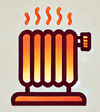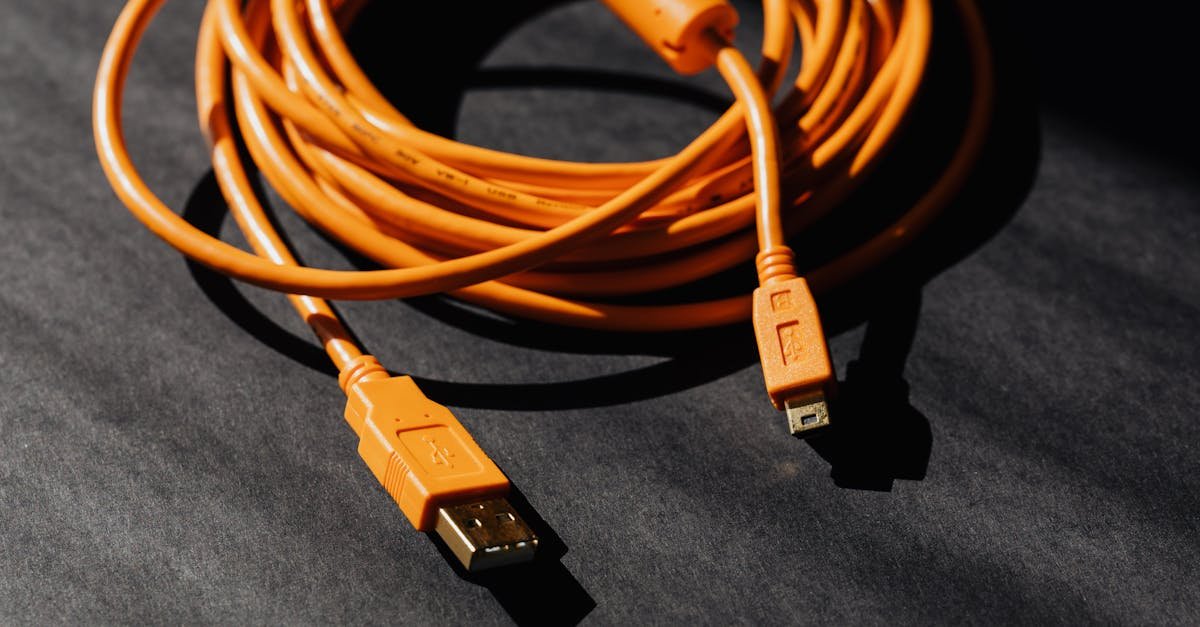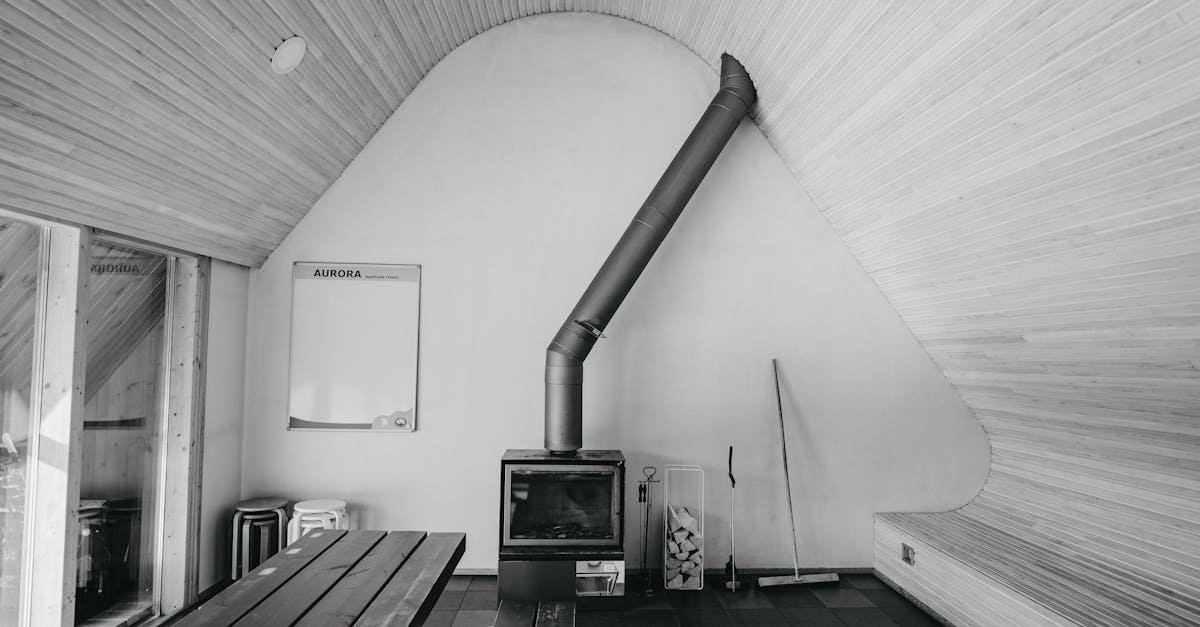Portable heaters typically cost between $0.10 to $0.50 per hour to operate, depending on the model and your local electricity rates. This makes them a cost-effective solution for heating small spaces without the need for central heating.
But, the total energy costs can vary based on how often you use the heater and the size of the area you’re trying to warm. Understanding these factors can help you make informed decisions about your heating needs while keeping your energy bills in check.
Understanding Portable Heater Energy Costs
Portable heaters can help you save on heating costs, especially in small spaces. Knowing how different types of heaters work helps you understand their energy costs better.
Types of Portable Heaters
Portable heaters come in various forms, each with unique energy profiles:
- Electric Space Heaters: These heaters are popular and run on electricity. They typically range from 750 watts to 3,000 watts. The most common models use about 1,500 watts when set high and 750 watts on low.
- Infrared Radiation Space Heaters: These heaters warm objects and people directly through infrared radiation. They’re often more energy-efficient, using between 600 watts to 1,500 watts.
- Gas Space Heaters: These heaters burn propane or natural gas. They measure heating capacity in BTUs. They usually range from 1,705 BTUs to over 13,640 BTUs, but aren’t as common for home use.
Energy Efficiency Ratings
Energy efficiency ratings tell you how well a heater uses energy. Higher ratings mean more heat for less energy. Look for models with good ratings to maximize savings. The Seasonal Energy Efficiency Ratio (SEER) often indicates how efficient portable heaters are. Choose heaters with a SEER rating above 10 for better energy use.
Factors Affecting Energy Costs
Energy costs for portable heaters depend on several key factors. Understanding these can help you manage expenses effectively.
Heater Size and Capacity
Heater size and capacity play a significant role in energy consumption. Most residential space heaters range from 750 watts to 3,000 watts. A smaller 750-watt heater runs at about $0.12 per hour. In contrast, a larger 1,500-watt heater costs around $0.24 per hour. Here’s a quick breakdown:
| Wattage | Cost per Hour | Cost per Month (8 hours/day) |
|---|---|---|
| 750 W | $0.12 | $18 |
| 1,000 W | $0.16 | $24 |
| 1,500 W | $0.24 | $36 |
Higher wattage means more energy use. Be mindful of the heater’s rating when selecting a model.
Utilization Patterns
Utilization patterns greatly impact energy expenses. Frequent use can drive costs higher. If you use the heater daily for several hours, the cumulative cost adds up. For example, running a 1,500-watt heater for 8 hours each day costs approximately $36 monthly.
Also, consider the settings used. Many heaters offer low and high settings. Using the low setting consumes less energy, reducing costs. Evaluate your heating needs to avoid excessive usage.
Calculating Energy Costs
Understanding how to calculate energy costs is essential for managing expenses related to portable heaters. Energy costs vary depending on the heater’s wattage and how long you use it each day.
Basics of Energy Consumption
Portable heaters typically operate between 750 watts and 1,500 watts. Most common models use 1,500 watts. To grasp energy usage, consider the hours your heater runs each day. For instance, using a 1,500-watt heater for 8 hours consumes approximately 12 kilowatt-hours (kWh) each day. Over a week, this amounts to 84 kWh. In one month, the consumption reaches around 364 kWh. These figures highlight how energy consumption rises with longer usage.
Cost Estimation Formula
To estimate costs, use the following formula:
Cost = (Wattage / 1000) x Hours Used x Electricity Rate.
For example, if your electric rate is $0.12 per kWh and you run a 1,500-watt heater for 8 hours daily, the calculation looks like this:
- Cost = (1500 / 1000) x 8 x 0.12 = $1.44 per day.
Over a month, this totals about $43.20. This method allows you to adjust variables and predict your heating costs accurately. Consider your local electricity rates and aim for higher energy efficiency to minimize expenses.
Comparison of Portable Heaters
You’ll find two primary types of portable heaters: electric and gas. Each has its advantages and operating costs. Understanding these differences helps you make an informed choice based on your needs.
Electric vs. Gas Heaters
Electric heaters run on electricity. They typically use between 750 watts and 3,000 watts. A common model, like a 1,500-watt space heater, consumes around 1.5 kilowatt-hours (kWh) every hour. Gas heaters, on the other hand, use propane or natural gas. They operate based on British Thermal Units (BTUs), making it important to know your heater’s output.
Electric heaters are usually easier to install and move. You just plug them in and turn them on. Gas heaters can require more complex setups, including ventilation, which might add to the installation costs. While electric heaters may have higher operating costs per hour, gas models can fluctuate in pricing based on fuel availability.
Cost-Effectiveness Over Time
When considering cost-effectiveness, look at the long term. Electric heaters usually cost more per hour than their gas counterparts. For example, a 1,500-watt electric heater may cost around $0.20 to $0.24 per hour to operate, depending on your local electricity rates. In contrast, gas heaters often generate heat more cheaply per BTU, with prices tied to gas market rates.
Over time, electric heaters can lead to higher monthly bills. If you run a 1,500-watt heater for 8 hours a day, you might spend about $22.50 monthly, assuming an average cost of $0.10 per kWh. With gas, your monthly costs can vary, but a well-used gas heater may end up being more cost-effective for larger spaces.
Consider both installation and operational expenses. Electric heaters are straightforward to use. But, if you expect frequent long-term heating needs, gas heaters offer savings that add up. Analyze your heating habits and space requirements before making a choice.
Tips for Reducing Energy Costs
Reducing energy costs is vital when using portable heaters. Implementing simple strategies can help you save money while staying warm.
Optimal Usage Practices
- Use the heater in smaller spaces. Smaller areas require less energy to heat, meaning significant savings.
- Set a timer for the heater. Running it only when you’re home reduces unnecessary energy consumption.
- Adjust the thermostat setting. Lowering the temperature by a few degrees can lead to lower energy costs.
- Limit usage to colder hours. Running the heater primarily at night or during the day when it’s colder maximizes efficiency.
- Opt for lower wattage settings. If your heater has multiple settings, use the low or medium setting when possible.
- Pair the heater with additional blankets. Utilizing blankets helps retain warmth, allowing you to use the heater less overall.
- Clean the heater regularly. Dust and debris can hinder performance and increase energy usage.
- Check the heater’s filter. A clogged filter can cause the heater to work harder, leading to higher energy costs.
- Inspect for wear and tear. Damaged components can lower efficiency; ensuring everything is in good condition is crucial.
- Keep the heater away from furniture or drapes. Obstructions can restrict airflow and make the heater less efficient.
- Verify the electrical connections. Loose or frayed wires can create problems and increase energy usage.
- Schedule professional inspections. Having a technician examine the heater yearly ensures it operates efficiently, saving on energy costs.
By following these practices and maintenance tips, you enhance efficiency and keep your energy costs in check.
Conclusion
Understanding portable heater energy costs is crucial for effective heating and budget management. By evaluating wattage usage and local electricity rates, you can gain better control over your expenses.
Prioritizing energy-efficient models and implementing smart usage practices will help keep your bills in check. Whether you choose electric or gas options, being mindful of your heating habits and space requirements can lead to significant savings.
Regular maintenance and optimal usage strategies further enhance efficiency and reduce costs. With the right approach, you can enjoy a warm and comfortable space without very costly.








